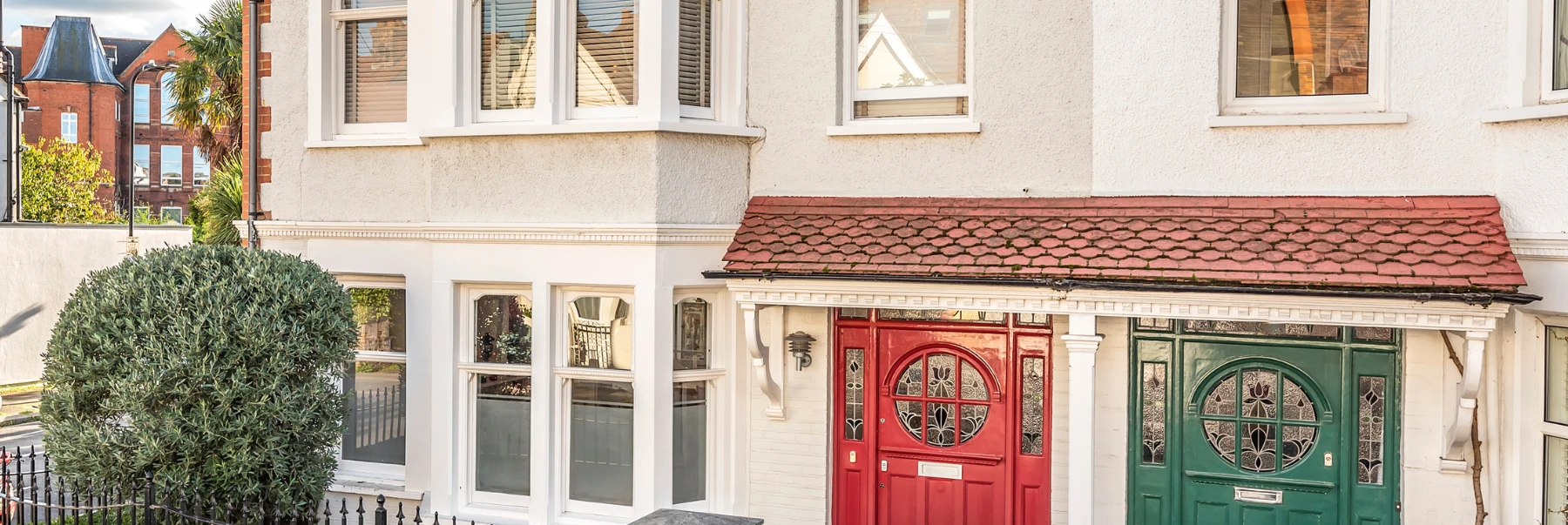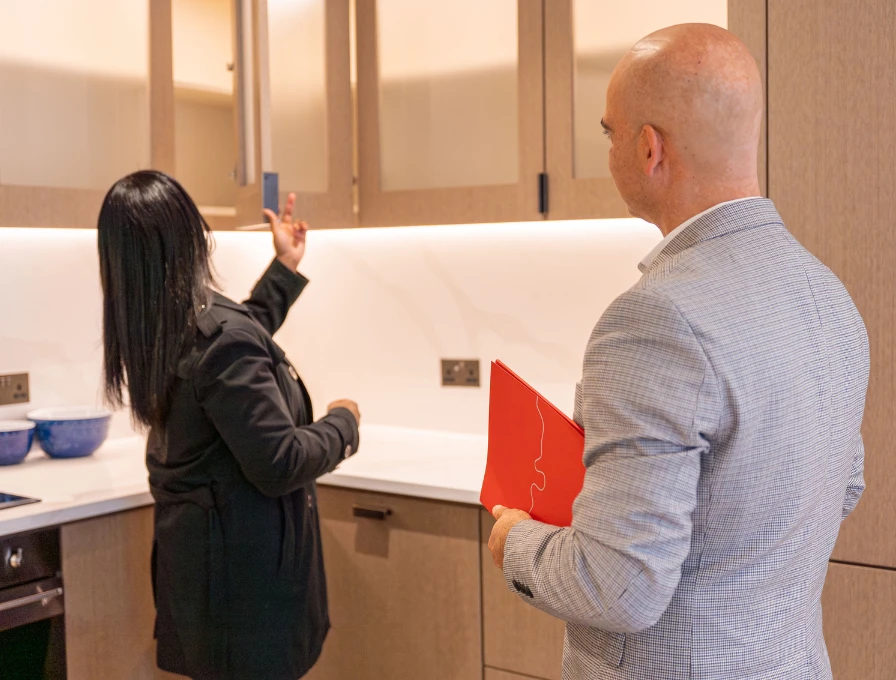Lease extension calculator
Use our quick and easy lease extension calculator to estimate how much it will cost to extend your lease.
Frequently asked questions
There are many benefits to extending your lease.
Whether you are looking to sell now or in the future, the length of your lease could drastically affect your property’s value or saleability. A longer lease is more attractive to buyers and will help you if you plan to re-mortgage.
A short lease could reduce the number of potential buyers interested in your property or reduce the choice of mortgage lenders and products available. Some lenders are unlikely to lend on a short lease or if they do, are likely to charge a higher interest rate or require a certain level of property equity.
Ensuring that you have a long lease on your property is the best way to protect your asset.
A lease can be extended at any time, however if your lease is approaching 80 years, you should consider extending as soon as possible.
If you have a short lease, for every year that passes the premium to extend will increase. Letting a lease run below 80 years also brings into consideration the marriage value, which will dramatically increase your costs.
Marriage value is the increase in the value of the property once the lease has been extended, usually 50% of this amount is payable to the landlord. This would be added to the cost of extending the lease if it falls below 80 years.
If your lease is between 80 to 100 years, you should consider extending it as the cost to extend before it becomes a short lease will be more favourable.
There are two routes for a lease extension; informal and formal.
The informal route is where the leaseholder approaches the freeholder and asks for a lease extension. This can be done at any time. The freeholder is under no obligation to extend the lease, and everything is up for negotiation such as the price, the length of extension and other lease changes. If the landlord becomes unreasonable, you may be able to switch over to the formal route. However, if the landlord agrees to the terms, it can be a way to minimise costs.
The formal route is the most common process and is where the leaseholder serves formal notice to the freeholder including an offer for the extension. Previously, leaseholders needed to own the property for at least two years. However, the Minister of State for Housing and Planning has signed regulations to remove this requirement. This change will likely come into effect on 31 January 2025, leaseholders can extend their lease without needing to be the registered owner for two years.
The notice includes a price for the lease extension based on a property valuation usually conducted by a chartered surveyor. Once notice is served, the leaseholder is liable for 10% of the premium offered as a statutory deposit to the landlord and their legal and valuation costs. The freeholder has two months to respond and if required, negotiations between both parties can then commence to agree the final price of the extension. Both parties have six months to reach an agreement. If an agreement is not reached in this time, then notice is deemed withdrawn and the leaseholder will be liable for any costs. In the event the deposit paid was higher than the legal costs incurred, the remaining amount would be reimbursed.
The lease extension process is highly complex and so it is advised to seek legal advice to assist with individual situations.
In broad terms the formal lease extension process is as follows:
Appoint a chartered surveyor to provide a property valuation.
Appoint a solicitor and serve formal notice to the landlord. This notice will include a reasonable price you want to pay. At this stage the leaseholder is liable for 10% of the premium as a statutory deposit to the landlord and their legal and valuation costs.
The landlord has two months to a serve counter notice.
If the landlord’s counter notice is unacceptable to the leaseholder, then both parties enter a period of six month statutory negotiations.
Once an agreement is reached, your solicitors will complete the lease extension.
If an agreement is not reached within the six-month period, the notice will be deemed ‘withdrawn’ and the leaseholder will need to pay the landlord’s legal costs. Notice can not be served again for 12 months.
If you are approaching the six-month deadline, your lawyers will usually advise you to apply to the first tier tribunal. This means the clock will stop and the freeholder will be liable for any further costs they incur. This step usually compels the freeholder to come to an agreement. First tier tribunal is the court responsible for applications, appeals and references relating to disputes over property and land.
The lease extension process is lengthy and time consuming. On average the process takes between six and 12 months.
A surveyor will determine how much the price (premium) should be for you to extend your lease.
A valuation will let you know if you can realistically afford the lease extension before beginning the process of any negotiations.
The freeholder may also wish to have their own valuation, which will be at your cost. They do not need to disclose the valuation amount so, having your own will help you make sure you are paying the correct price.
If you enter the six-month statutory negotiation, your surveyor can conduct the price negotiation on your behalf. As the valuer, they are best placed to do this successfully. It is worth asking your surveyor for an estimate of costs for negotiation, so you are prepared for this prior to serving notice.
A number of factors are used to calculate the value of the lease extension, including:
- The market value of your property and the value it would be with a long lease.
- The ground rent.
- The number of years remaining on the lease – if it is below 80 years, the marriage value will be considered.



